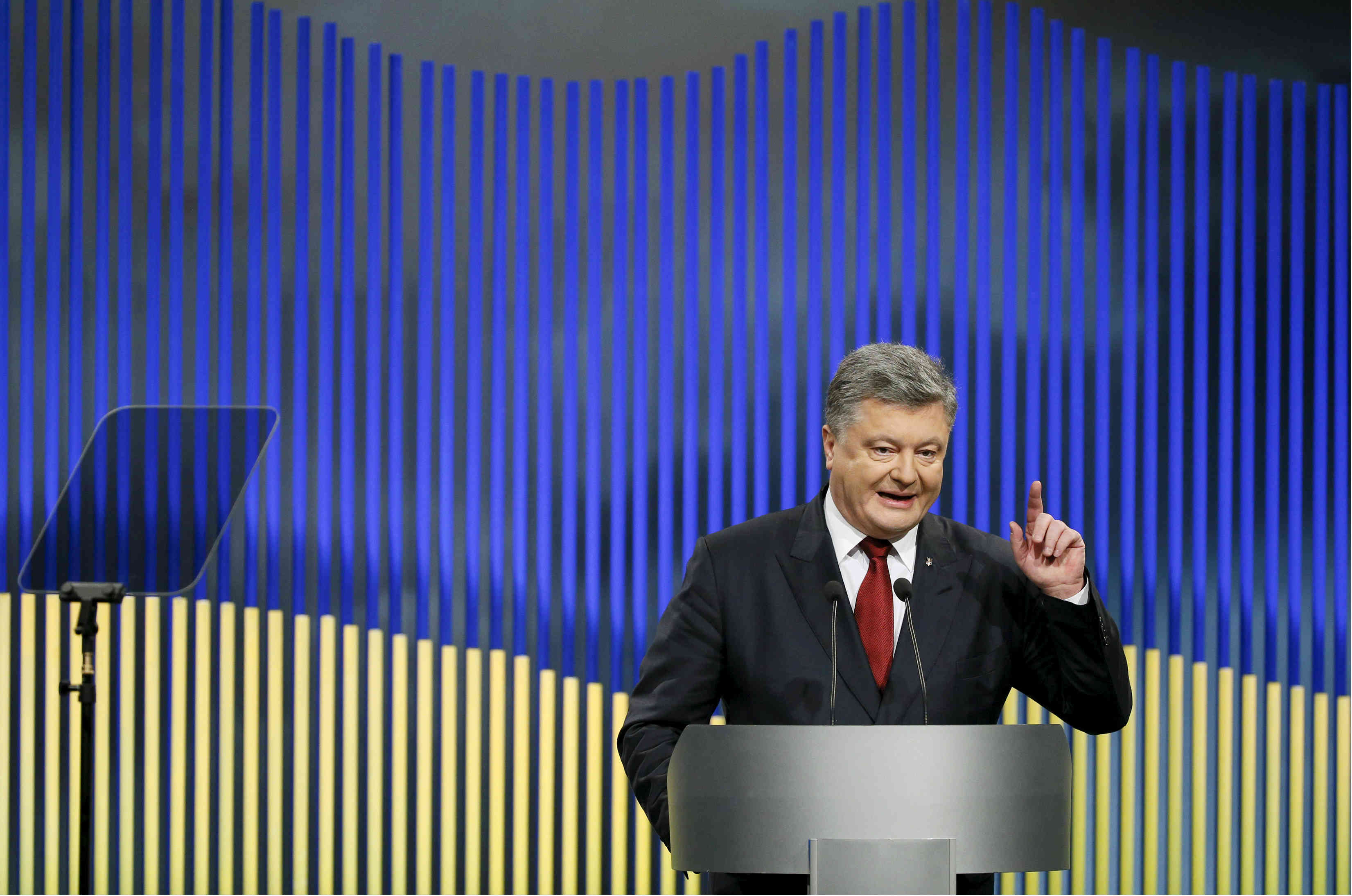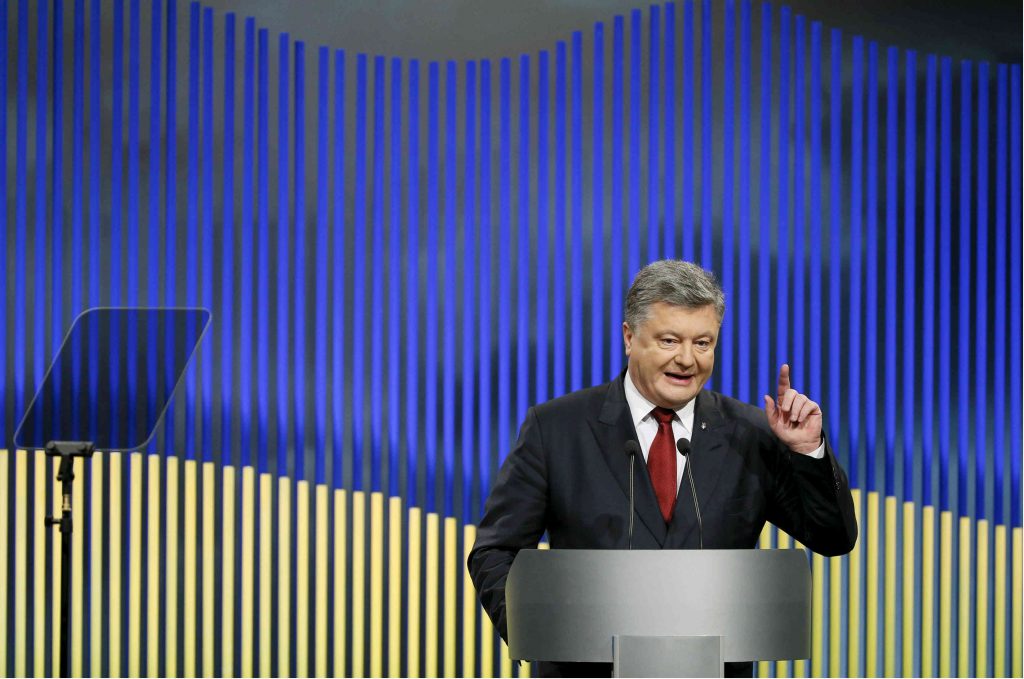 The February 3 resignation of Ukraine’s Economy Minister Aivaras Abromavicius is a signal that the country’s efforts to dramatically reduce corruption and rent-seeking are meeting with serious resistance.
The February 3 resignation of Ukraine’s Economy Minister Aivaras Abromavicius is a signal that the country’s efforts to dramatically reduce corruption and rent-seeking are meeting with serious resistance.
The resignation also exposes how Ukraine’s political system works. Just as in established democracies, technocrats and experts have to make common cause with politicians and ideologues. And just as in established democracies, politicians expect to wield influence when their parties win. The “Plum Book” that lists thousands of political posts in the US government reflects this reality.
Ukraine is now witnessing the rise of politicians who fought alongside civil society activists on the Maidan, campaigned for office, and won in the 2015 parliamentary elections. They have a reasonable expectation of political reward in the form of influential government posts, as winners in the United States and the EU would.
The problem is that the framework of politics in Ukraine is broken. Its major politicians and political parties are not only dependent on the financial support of entrenched business interests, but these interests have overarching control over a wide range of parties and politicians. Moreover, these interests lobby for economically damaging rents. Some also corrupt individual politicians and officials.
In addition, many members of parliament who are elected in single-mandate districts (half the parliament) finance their own campaigns. As a result, they are either members of the business elite themselves or proxies of important business interests.
It is this longstanding system which technocratic reformers like Abromavicius and Finance Minister Natalie Jaresko have collided with as they work to advance reforms.
At the same time, some ambitious anticorruption reformers have mistakenly allied themselves with the populist anticorruption hype of former President of Georgia and Governor of Odesa Oblast Mikheil Saakashvili. These reformers see the popular but erratic Saakashvili as an easy ticket to political ascendancy and are allying with him to form a political party. Apparently Abromavicius, who dined with Saakashvili on the eve of his resignation, may be considering throwing in his lot with this political project.
The Saakashvili-led anticorruption politicians aim to force new elections in the hope of jump-starting stalled reforms. But their enthusiasm for new elections is not justified by polling data, which shows the fragmentation of political preferences and rising electoral populism.
Europe, the United States, and other allies rightly view new elections as undesirable for two reasons: First, they are likely to elect a larger number of populists to parliament, threatening macroeconomic stabilization. Second, those who oppose a constitutional reform that would allow for special status of the Russian-occupied part of the Donetsk and Luhansk regions are likely to do well in new elections. Western leaders regard passage of the constitutional language as a sine qua non for meeting the terms of the Minsk Accords and an eventual settlement of the Russian-backed war against Ukraine.
Ukraine is heading toward a perfect storm at a time when its politics and geopolitical interests would be better served by continuity—but continuity linked to deep reform.
The only way to satisfy both the anticorruption reformers and the need for stability is for the President to take the lead in the fight against corruption, thereby forestalling new elections. The ball is in his court.
Adrian Karatnycky is a Nonresident Senior Fellow at the Atlantic Council’s Dinu Patriciu Eurasia Center and Managing Partner of Myrmidon Group LLC, a New York-based consultancy that works with investors and corporations in Ukraine and Eastern Europe. He tweets @MyrmidonGroup.
Image: Ukrainian President Petro Poroshenko speaks during a news conference in Kyiv, Ukraine, January 14, 2016. REUTERS/Gleb Garanich
